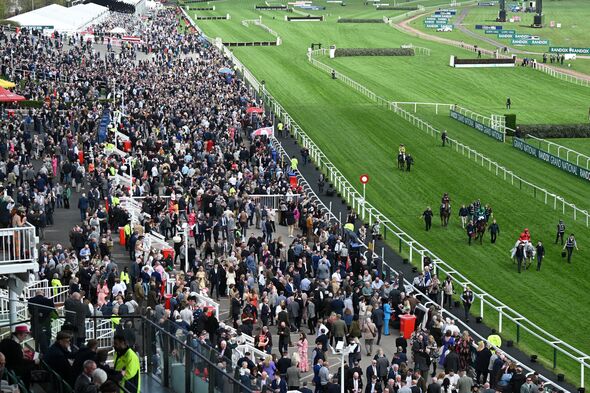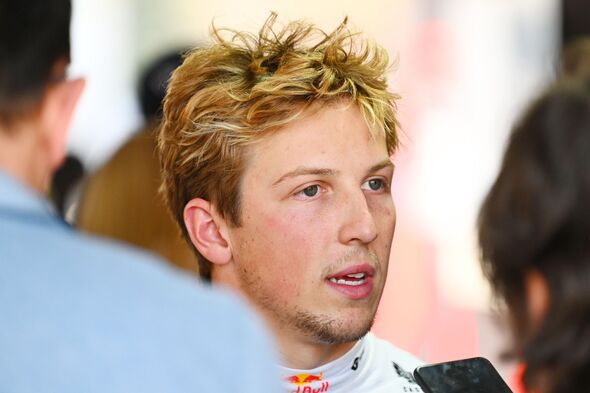As the U.S. and Europe widen
sanctions on Russians and companies they control for failing to
defuse a crisis in Ukraine, the Kontinental Hockey League may
allow President Vladimir Putin to expand his influence abroad.
In today’s decisive seventh game, Russian team Metallurg
Magnitogorsk beat Lev Praha of the Czech Republic 7-4 to win its
first Gagarin Cup. Lev joined the KHL two years ago, with clubs
from the capitals of Slovakia and Croatia among four teams from
outside Russia to have entered the league in the past six years.
In the aftermath of its annexation of Crimea and the
failure, according to the U.S. and the European Union, to help
dissipate a crisis in eastern Ukraine, the KHL may be a way for
Russia and its political and financial elite to increase their
wealth and influence through “soft power,” said Michael
Romancov, a political scientist at Charles University in Prague.
“This is one of the most successful Russian attempts of
spreading their soft power beyond their borders,” Romancov said
by phone. “So far, economic and sport relations between the EU
and Russia are exempt from any sanctions, but the future will
depend on how the situation in Ukraine unfolds.”
Stanley Cup
The victory in Magnitogorsk tonight made Metallurg the
first KHL champion to be managed by a North American. Head coach
Mike Keenan will celebrate the triumph in an industrial city
about 8,600 kilometers (5,300 miles) from where he guided the
New York Rangers to victory in the National Hockey League’s 1994
Stanley Cup Final.
Lev, which has no Russian players on its roster, was vying
to become the first team from outside Russia to lift the Gagarin
Cup, named after Russian cosmonaut Yuri Gagarin, the first man
in space.
The KHL’s management approved expanding the league to
include three new clubs, adding Helsinki’s Jokerit and two from
Russia — Lada Togliatti and a team from Sochi, which has no
official name yet, according to a statement published today.
Sports is a “form of popular culture that reinforces
Russia’s soft power,” Agnia Grigas said in a Chatham House
paper published in 2012. Grigas characterized Russia’s use of
soft power as “the creation of loyal interest groups that
involves co-opting decisions makers through financing and
valuable connections and contracts.”
Soft Power
“Russia’s Kontinental Hockey League, which since 2008 has
united teams from the former USSR, is one such mechanism,”
Grigas said. “In addition, a number of athletes from the Baltic
states choose to play for Russian teams or train in Russia where
they sometimes receive better funding.”
Teams owned by tycoons in President Vladimir Putin’s inner
circle and sponsored by state companies including OAO Gazprom
and OAO Rosneft, may be hurt by U.S. and EU sanctions.
One of the latest expansion teams, Jokerit, was bought last
year by Russian billionaires Gennady Timchenko and brothers
Boris and Arkady Rotenberg, who are subject to U.S. sanctions.
The latter of the brothers is president of Dynamo Moscow, a two-time Gagarin Cup winner, while Moscow’s other team, CSKA, is
owned by Rosneft, whose chief executive offer, Igor Sechin, is
also under U.S. sanctions.
Arkady Moshes, head of the EU’s Eastern Neighborhood and
Russia research program at the Finnish Institute of
International Affairs, questions whether Russia’s hockey
diplomacy has improved its standing in countries still simmering
with resentment over Kremlin-backed Communist rule.
Not Effective
“I believe that the KHL is not an effective instrument of
soft power,” Moshes said by phone from Helsinki. “I do not
think that it helps Russia to make others want what it wants
without resorting to coercion or money, which is the classical
definition of soft power.”
Lev’s co-owner is Evgeny Myshovskiy, who’s also on the
board of directors for Gazprom Schweiz AG, a subsidiary of LLC
Gazprom Export. While neither Rosneft or Gazprom are subject to
sanctions, U.S. officials have threatened to impose penalties on
Russian industries, including banking and energy, if Putin
increases tension in its neighbor.
The league isn’t immune to the crisis in Ukraine. Dinamo
Riga may leave the KHL due to the conflict, former Latvian
President and Dinamo Riga board member Guntis Ulmanis said on
March 19.
Latvian Demurral
“If the aggression continues and doesn’t stop, then of
course cultural links, and sport, and team, and other links will
be stopped,” Ulmanis said on the television show
Sastregumastunda.
The league began in 2008 and three years later suffered the
loss of 43 people from the Lokomotiv Yaroslavl team, including
former NHL players, in a plane crash.
Lev Praha coach Kari Jalonen sees the potential for the KHL
to become a pan-European league.
“Lev has already shown that even a relative newcomer
stands a chance of winning the cup,” he said yesterday in
Prague. “I don’t want to comment on politics. My job is to get
the team ready and win.”
To contact Bloomberg News staff for this story:
Michael Winfrey in Prague at
mwinfrey@bloomberg.net;
Lenka Ponikelska in Prague at
lponikelska1@bloomberg.net
To contact the editors responsible for this story:
James M. Gomez at
jagomez@bloomberg.net
Paul Abelsky, Balazs Penz




